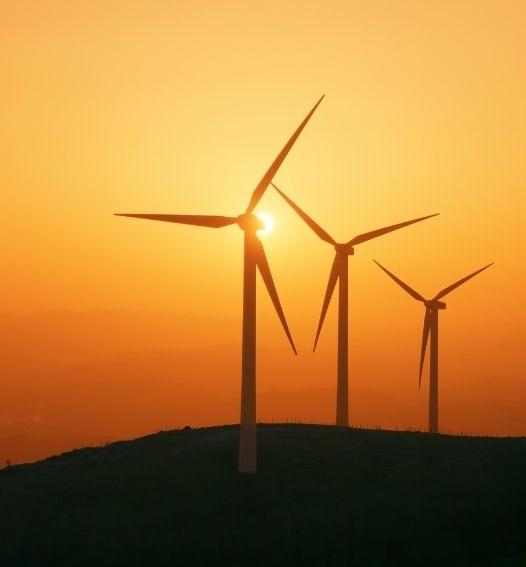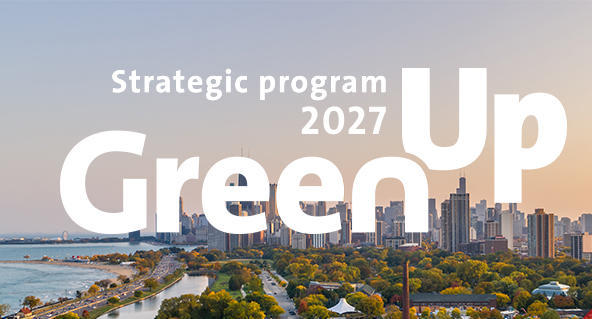More than half (58%) of Australians prioritise health as the top reason why they would change their lives to bring about a sustainable future: Other driving forces include to improve the overall quality of our life (56%) and to make household savings (54%).
A majority of Australians (52%) would change to a more sustainable lifestyle if they saw results quickly: But only 45% would be inclined to change even if they felt everyone was doing their part, 43% would change behaviour if they understood why.
When it comes to Australians taking action to fight climate change and achieving a sustainable future, actions ― especially when they are close to home ― speak louder than words. That’s the finding of the second edition of Veolia’s Ecological Transformation Barometer (ET Barometer), a nationally representative, global survey taken every 2 years across 26 countries that focuses on the degree to which we accept ecological solutions and how well we understand the consequences of climate disruption.
The survey also found more than half of Australians would change the way they act to make the world a better place, even if it meant paying a little more for that change (54%). This was especially true if they quickly saw the results of actions from governments, business or others. Most recognised that the cost of inaction was far greater than taking action.
Veolia ANZ CEO Dr Richard Kirkman said every action taken today by Australians will bring us closer to a sustainable future, and that business must also play a key role.
“We invest in renewable energy and recycling in Australia at a significant scale because, like most Australians, we want to act to accelerate the transition to a sustainable future today,” said Dr Kirkman.
“The results of this year’s ET Barometer shows that the majority of Australians agree ― they want action now. We need to listen to them, but also educate the general public that we already have the solutions we need to solve these challenges today! It’s also about recognising that we don’t have to choose between the environment and prosperity, we can deliver both.
“You can see this reflected in our purpose of ecological transformation, the cornerstone of our business here and around the world. We recently launched our global Green-Up strategy that will see us halve our emissions by 2032, add 1000 green jobs to ANZ over four years, scale up the reuse of water, and prevent pollution by collecting and treating more hazardous waste. This continues our contribution to a sustainable future and it is heartening to see that many Australians not only support this business approach but want to contribute to an ecological transformation too.”
Find the full results for Australia at this link.
Key findings for Australia
- 97% of Australians believe that health rather than cost is the top priority when it comes to decisions on waste, water and energy.
- 52% of Australians feel vulnerable to climate-related health risks. These risks include an increase in infectious diseases, pollution, reduced food quality and mental health problems.
- 52% of Australians are convinced that inaction will cost more than ecological action.
- 95% of Australians consider it necessary to combine ecological planning, changes in laws and regulations, innovation and information to achieve successful ecological transformation.
- Almost 9 out of 10 Australians are convinced that local authorities, businesses, governments, international institutions and individuals must find and implement solutions together.
- More than 1 in 2 Australians believe that ecological action must combine changing our consumption habits and technological solutions.
- 60% of Australians (+10% compared to 2022) are prepared to drink water produced by recycling wastewater to reduce the risk of water shortages
Contact Us For All Media Enquiries
Valeria Cheglov, Head of Communications and Public Policy





